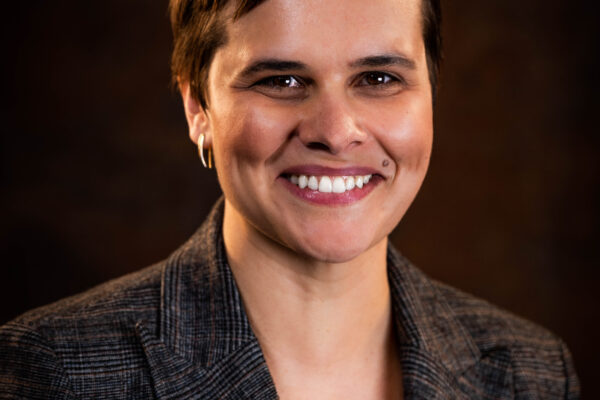HOUSTON – The ACLU of Texas announced today the appointment of Sarah Labowitz as its new policy director. Labowitz brings a strong track record of achievements in human rights and public policy to the role and the fight to protect Texans’ civil rights.
In 2013, she co-founded the NYU Stern Center for Business and Human Rights, where her research and advocacy focused on labor rights protections for low-wage workers in the global supply chain. Additionally, Labowitz served as a Senior Policy Advisor in the Bureau of Democracy, Human Rights, and Labor at the U.S. Department of State under Secretary Clinton, where her portfolio included internet freedom and human rights in national security policy.
“We are excited about the experiences and skills Sarah brings to the team,” said Terri Burke, executive director of the ACLU of Texas. “It’s the turn of a decade yet we continue to see attacks on immigrants, LGBT Texans, and on our reproductive rights. I’m confident that with Sarah’s experience leading teams to get policy wins at the state and federal level, we will be able to shape a better future for everyone living in Texas.”
Labowitz made the jump to Texas when she joined the City of Houston Housing and Community Development Department as the Policy and Communications Director, with a focus on equity in the recovery from Hurricane Harvey. After nearly two years, Labowitz is making the transition to the ACLU of Texas.
“It’s an honor to join this team and all that the ACLU stands for,” said Sarah Labowitz, policy director for the ACLU of Texas. “Our state still has a long way to go before everyone is able to live freely, with dignity, and protected from discrimination. I’m looking forward to working with partners and leading a team to achieve practical, strategic gains on civil liberties for all Texans.”
Labowitz will be based out of the Houston office and will work with staff across Texas to push for policy change at the state and local levels that protects civil liberties.
Stay Informed
Sign up to be the first to hear about how to take action.
By completing this form, I agree to receive occasional emails per the terms of the ACLU’s privacy statement.
By completing this form, I agree to receive occasional emails per the terms of the ACLU’s privacy statement.

